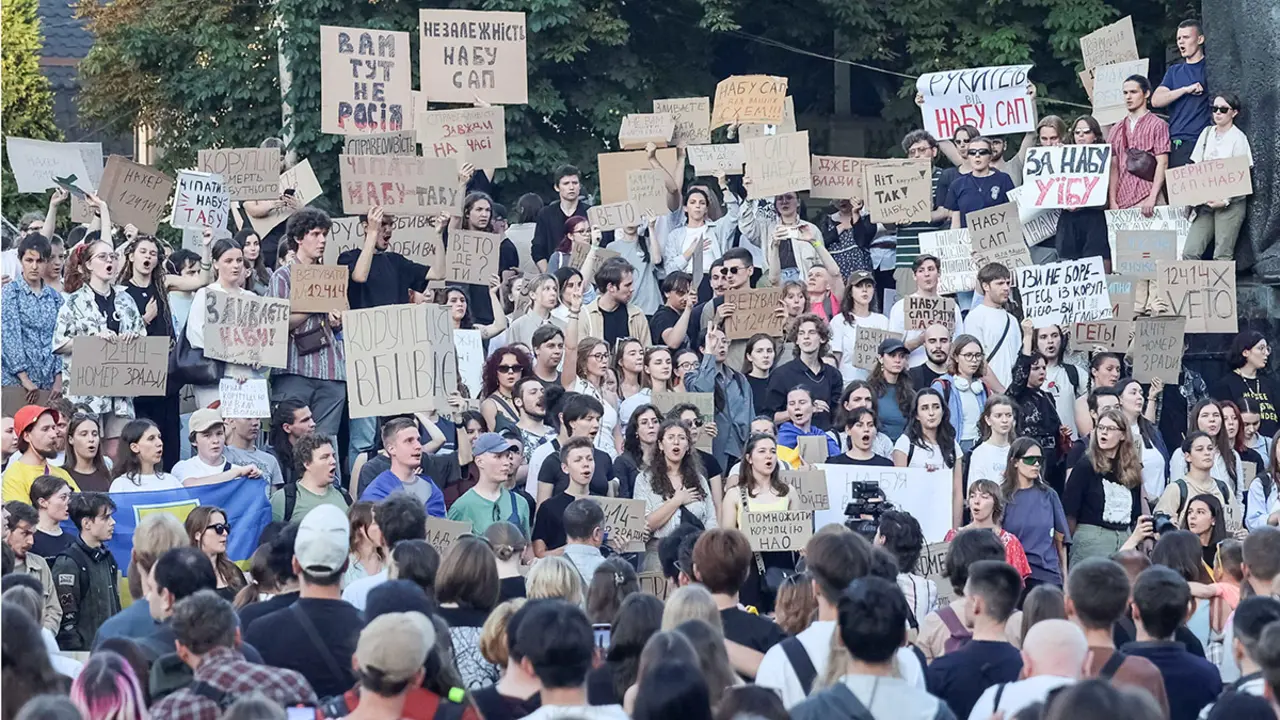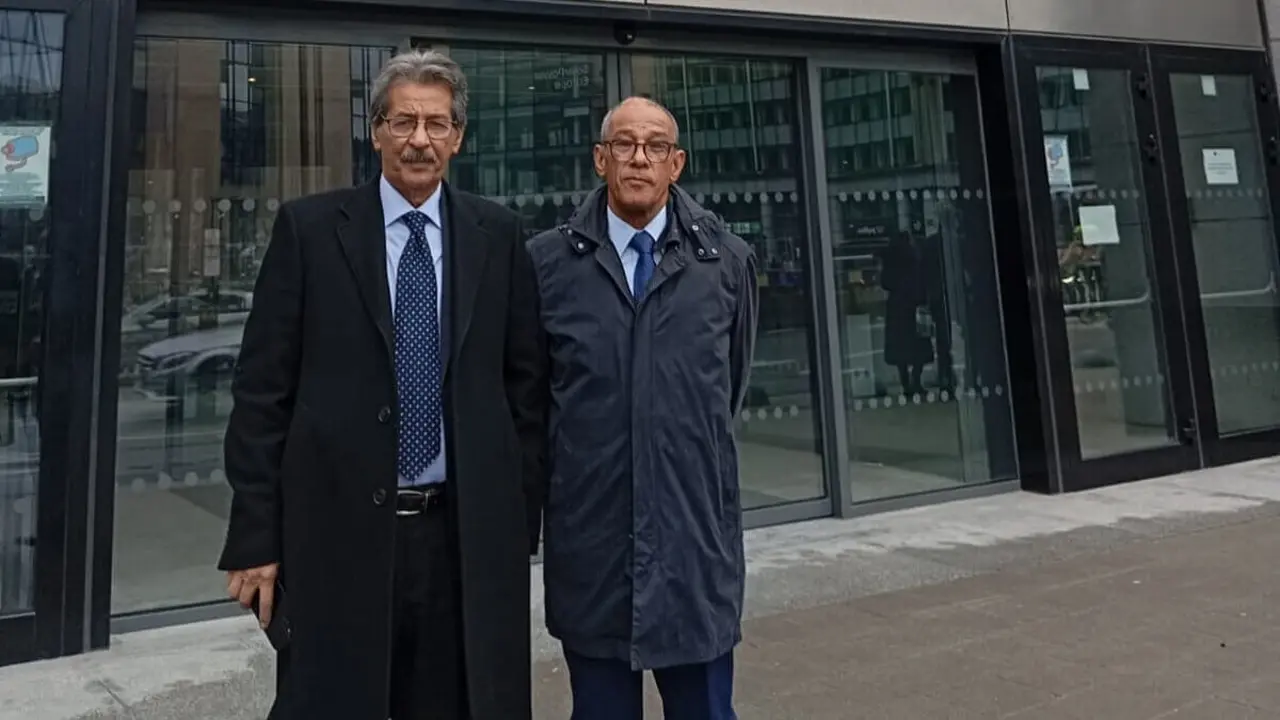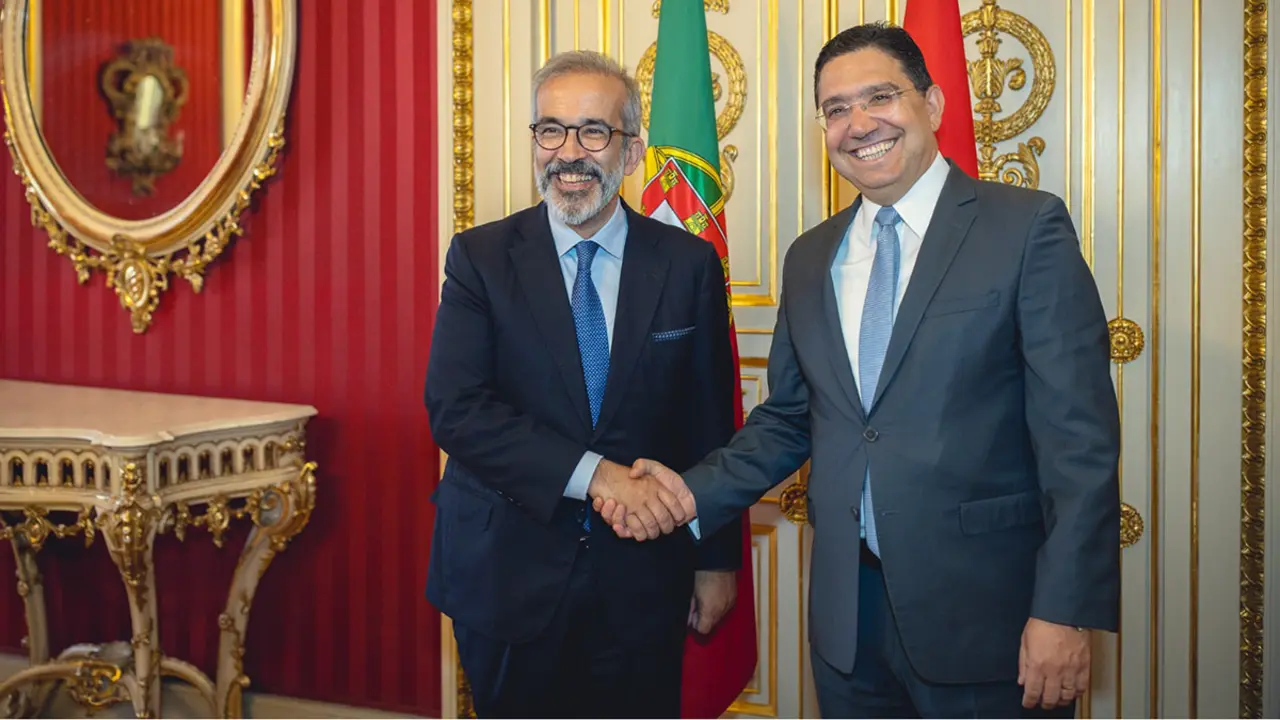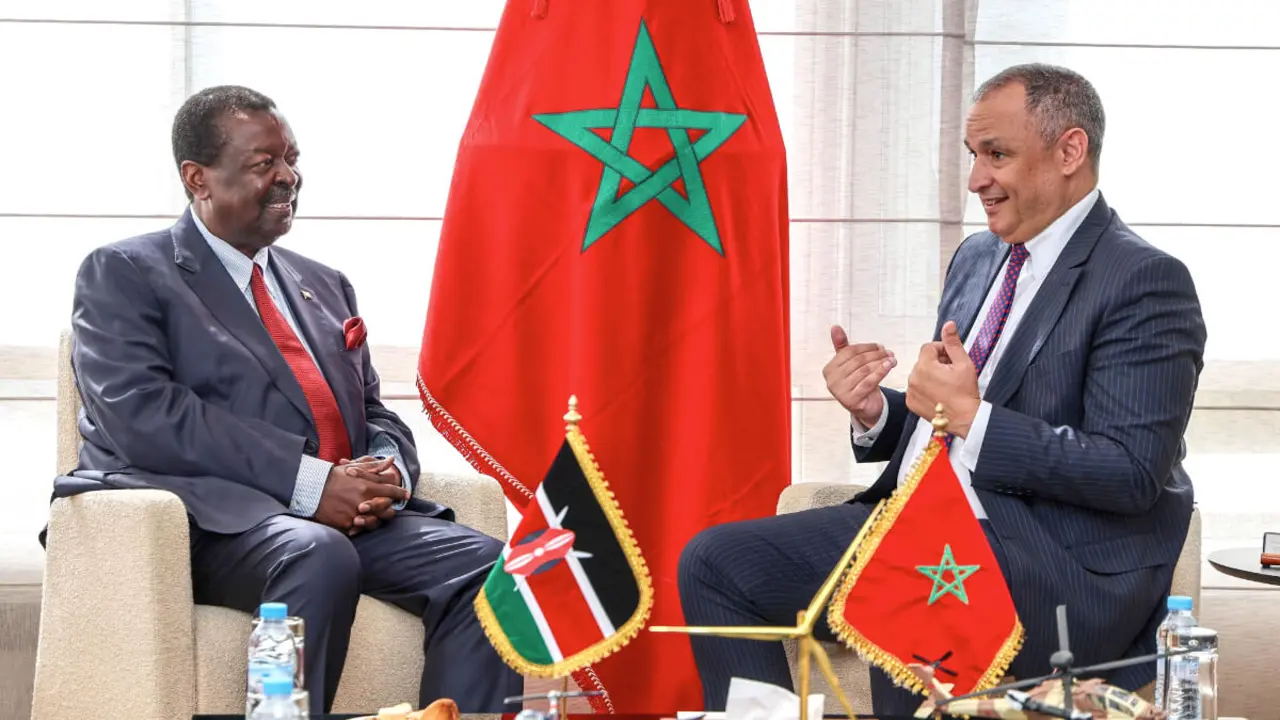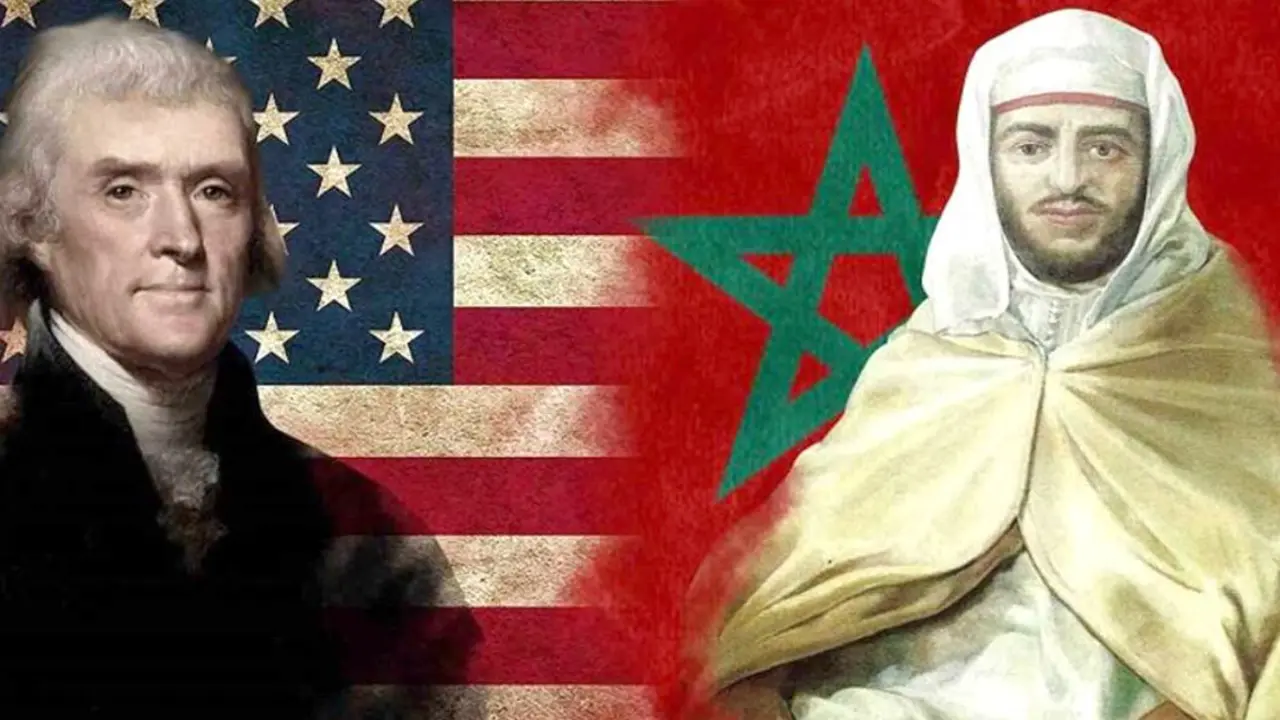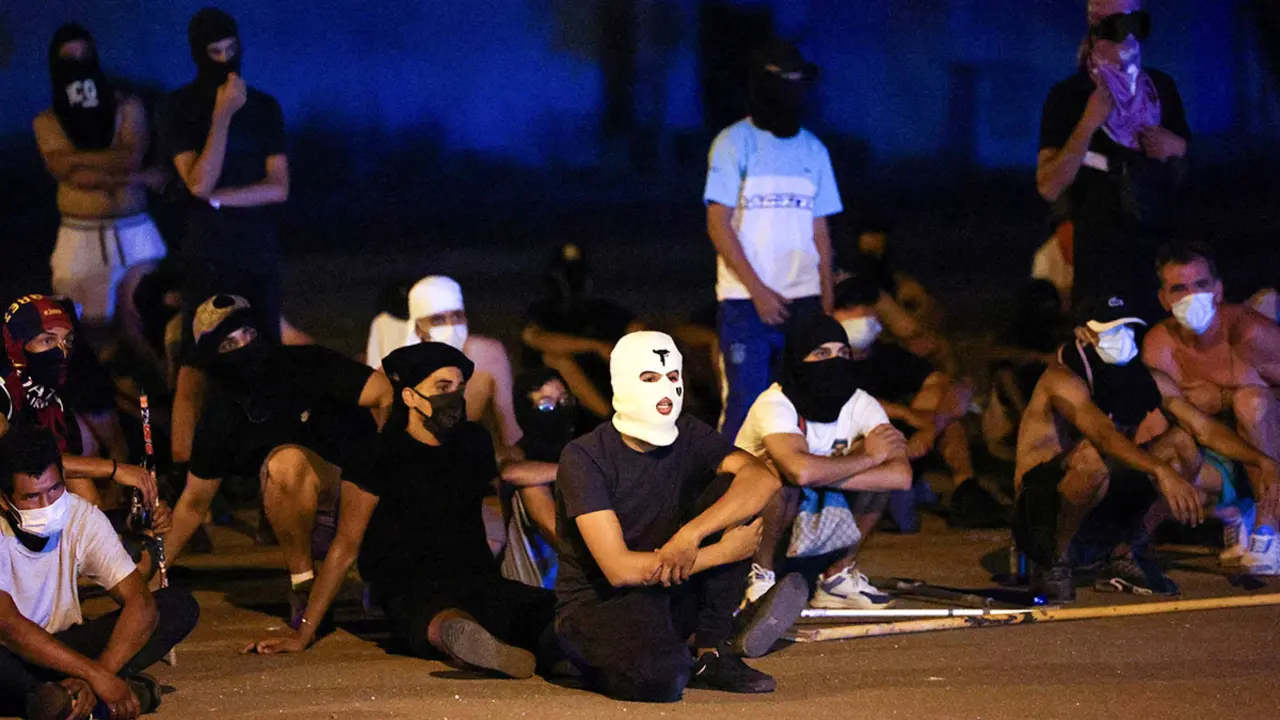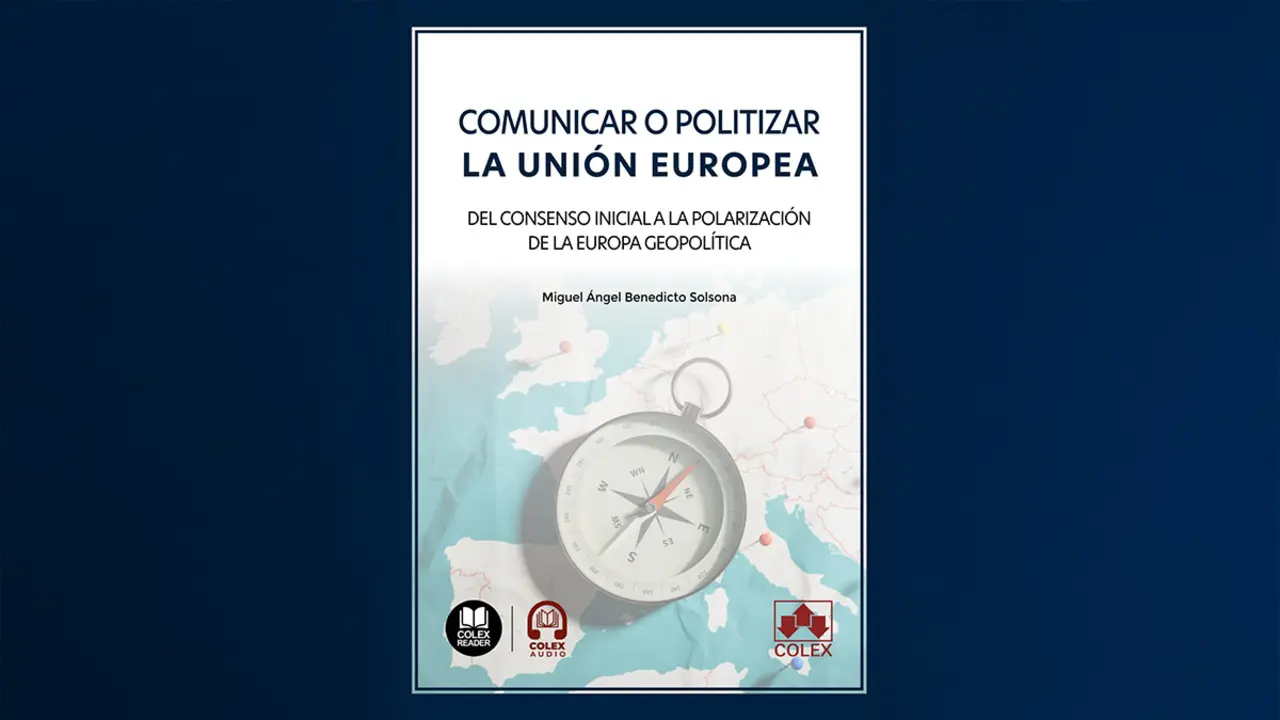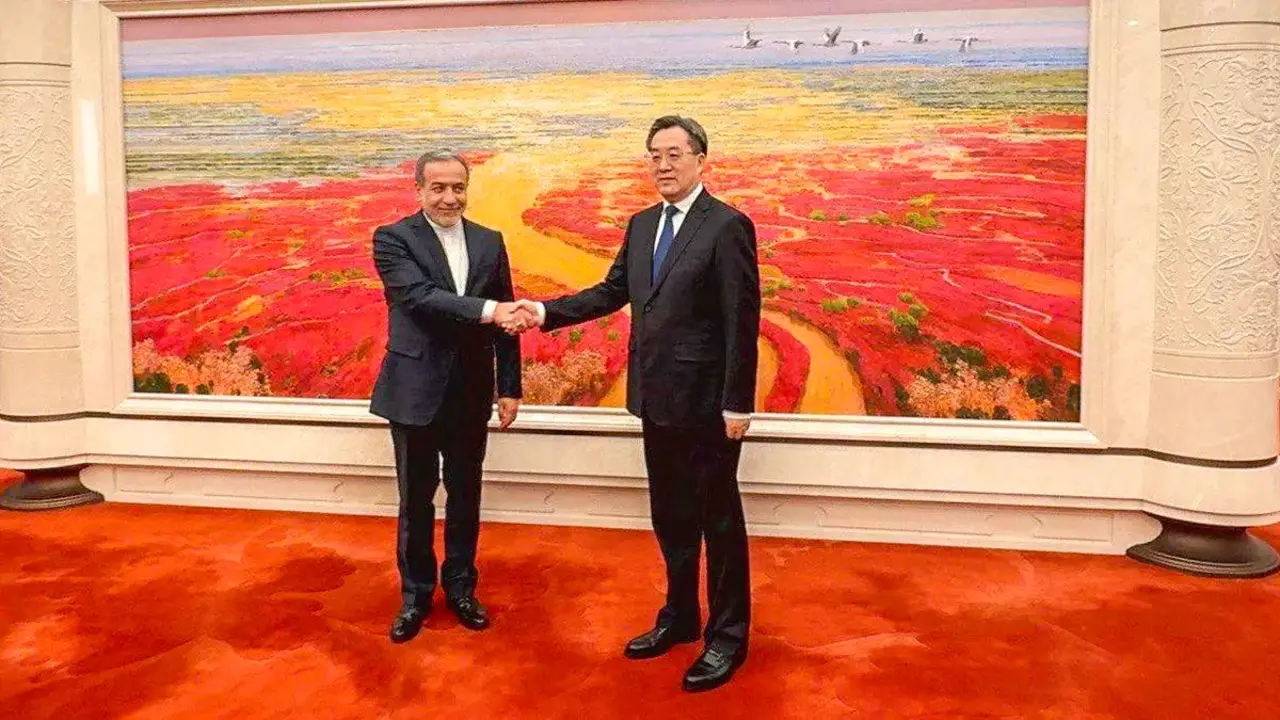The opposition to Erdogan is highly valued by the public

A new opinion poll published recently showed that the mayors of Turkey's opposition parties are among the most recognized and successful rulers in the nation.
The survey, carried out by a Turkish agency and published by the Cumhuriyet media, the oldest in the Ottoman country and a secular, pro-democratic and liberal media, sought to reflect the level of citizen satisfaction with the work of mayors from different political formations. The newspaper, which is not aligned with the postulates of President Recep Tayyip Erdogan, revealed the results of the survey on Sunday, conducted between May 30 and June 1, with more than 65,000 people over the age of 18 participating and being questioned via text messages.
According to data provided, Mansur Yavas, the mayor of the administrative capital of Ankara and a member of the Republican People's Party (CHP), ranked first as the best rated and most active mayor, after receiving 73.2% of the favourable votes of those surveyed.

In second place was Antalya City Mayor Muhittin Böcek, also from the CHP, with 64% support, while Ozlem Cercioglu, who belongs to the same party and governs the municipality of Aydin, received 63.2% of the votes.
Of the top ten, seven were for the CHP, including the one won by the mayor of Istanbul, opposition leader Ekrem Imamoglu, who with 57.2% won fifth place on the list. The CHP was the political organization which surprised Recep Tayyip Erdogan's Justice and Development Party (AKP) in the last municipal elections held in March 2019, in which the ruling party lost the two major centres of the Turkish nation: Ankara, the administrative capital, and Istanbul, the most populated city and the country's great economic and financial centre. Erdogan received a major electoral setback on that occasion when he lost important seats in the nation, such as the aforementioned Istanbul and Ankara, which passed into the hands of the main opposition party, the Republican People's Party.

Some of the names of the ruling AKP, such as Gaziantep's mayor, Fatima Sahin, were included in this list of the most highly valued mayors, as well as the rulers of the south of the country, where the pro-Kurdish People's Democratic Party (HDP) has great power.
In analyzing the results, the owner of the company that conducted the survey, Kadir Atalay, said that the fact that the CHP occupied seven of the top places on the list reflects the degree of citizen satisfaction with the performance of the opposition.
It is worth mentioning that the municipalities led by the opposition Republican People's Party have outperformed the Justice and Development Party in the face of the crisis of the coronavirus epidemic in the country, and have supported citizens by providing financial assistance, especially to the poor and unemployed; in the face of greater inaction by the party led by Recep Tayyip Erdogan.

Ekrem Imamoglu, the mayor of Istanbul, had already confronted Erdogan at the end of April on the issue of combating COVID-19 disease. Imamoglu censured the government's management and accused the country's top leader of not providing detailed information to the city councils and of hindering the health and economic management of the crisis.
Erdogan continues to see his image and that of his party drop in the eyes of the citizens. In the light of this loss of support, he is carrying out a harsh campaign of persecution against political rivals, mainly those closest to the Kurdish milieu (which he accuses of committing terrorist acts in the south of the country); this action is based on arrests of members of the HDP, such as the last four decrees on HDP mayors at the end of May under the accusation of collaborating with the guerrillas of the Kurdistan Workers' Party (PKK), an organisation considered to be terrorist by Turkey, the United States and the European Union.
The four imprisoned leaders ruled in south-eastern Turkey, where the majority of Kurds living in the Ottoman nation (a population that some sources estimate at between 15 and 20 million citizens) reside. The government of the Eurasian country is leading a long campaign against the Kurdish ethnic group, an operation that took place in May and involved three rulers of the province of Siirt, including the mayor of the capital of the same name and the mayor of the city of Igdir, a province that borders Armenia, along with the rector of the districts of Baykan and Kurtalan. They were arrested on charges of "being a member of a terrorist organization" and also of financing it, all of which stemmed from the aforementioned PKK nexus. The Turkish government's tactics against the Kurds have continued apace; as early as March 9, a court of law sentenced the deposed mayor of Diyarbakir, Adnan Selcuk Mizrakli, to nine years in prison for "belonging to a terrorist organization". In the meantime, 12 MPs of the HDP, the third group in the Turkish Parliament, remain in prison since 2016 accused of links with the Kurdish militias.

After being defeated in the 2019 local elections, the Turkish president accelerated a campaign to persecute political rivals in order to divert attention, gather popular support against a 'common enemy' and try to mitigate the political blow received with the loss of confidence of a large part of the citizens. The affected mayors have since been replaced by state officials in more than half of the 65 municipalities won by the HDP, and the central executive has appointed governors and other local authorities as circumstantial rulers in those districts. Former HDP leaders were imprisoned since 2016 on terrorism charges, and several other prominent party members were accused of supporting terrorism for what the Government understood to be dangerous links with the PKK.
This move at home serves to divert attention from serious problems in the country, such as the loss of confidence and the national economic crisis in the country, aggravated by the sharp drop in the Turkish lira and the halt in activity generated by the current health crisis in COVID-19.

Erdogan's tactic is to open up different fronts to distract attention and unite the population around his government. This is also evident in his foreign policy, with the clear examples of Turkish participation in the wars in Syria and Libya, where the Erdogan administration has a very active role; with the use of mercenary militias in the Arab and North African countries that have been linked to jihadist terrorist organisations, as published in various media.
All this serves Recep Tayyip Erdogan in trying to find elements that will help improve his already weakened domestic political position.

